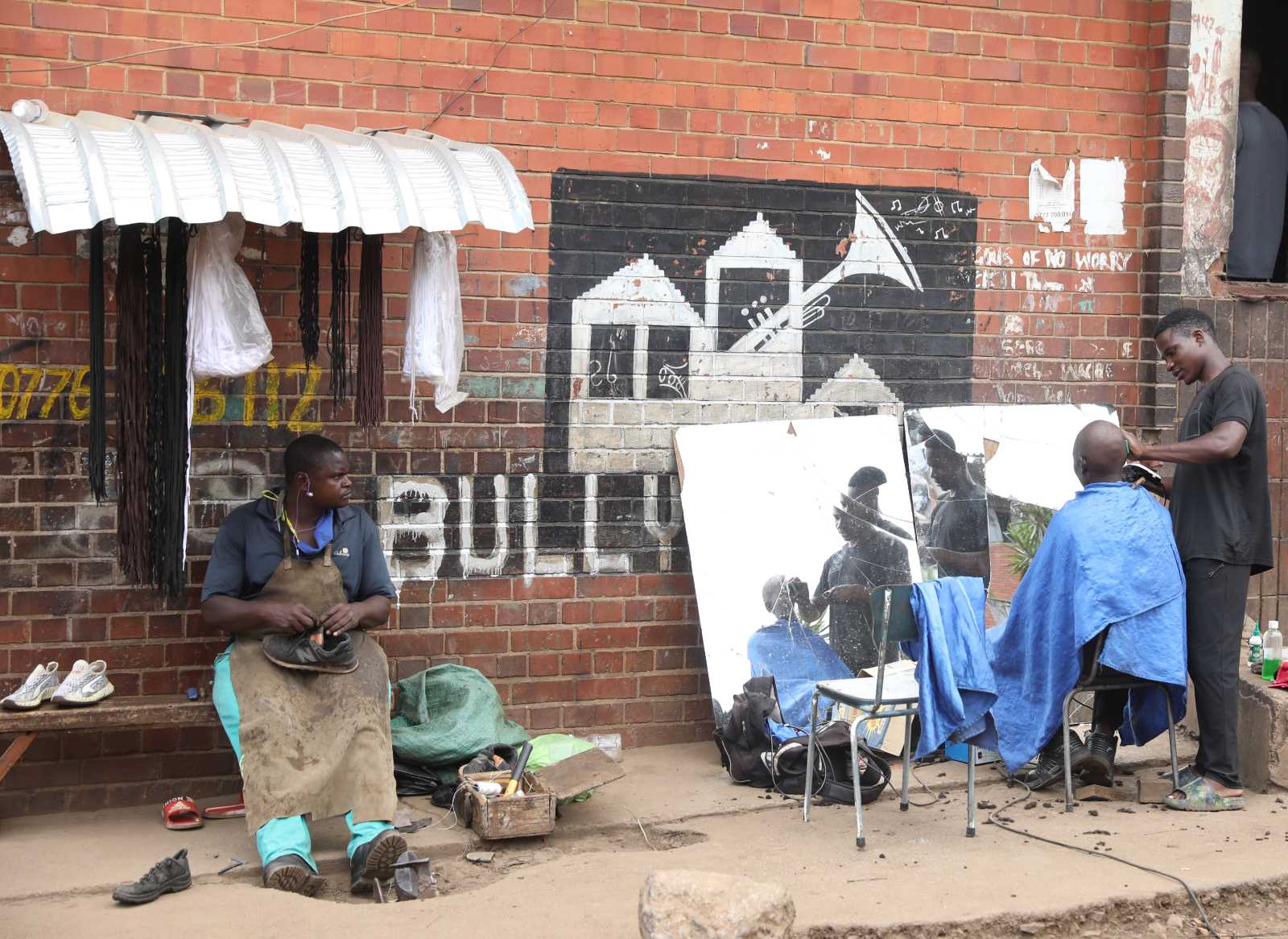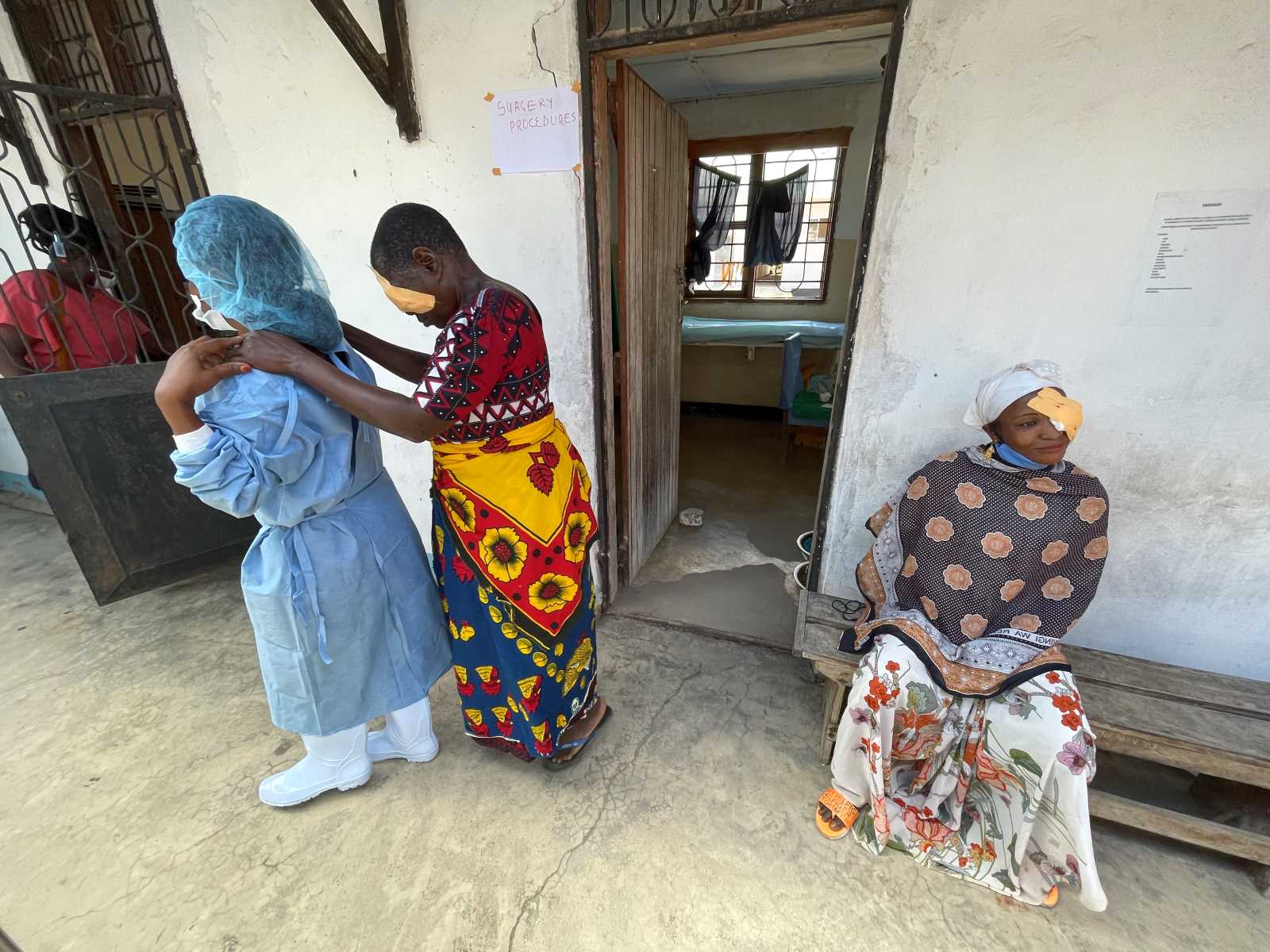Motorcycles
Collision course on Malawi's roads

The warning comes as the country sees a sharp increase in the number of accidents involving motorcycles, including the lightweight variety of motorcycle known as motorbikes. The drivers of these two-wheelers typically have no training, no license and no vehicle registration. In addition they often do not wear helmets or protective clothing.
Malawi has nearly 20,000 registered motorcycles, but many more are on the roads without registration, according to the Directorate of Road Traffic Safety Services (DRTSS). “Most of our motorbike operators are doing so illegally,” says Chimwendo Banda, Minister of Homeland Security. “They do not have licences and their machines have not been registered.”
The lack of driver training is contributing to an alarming toll of accidents. In the first half of 2020 Malawi saw about 600 accidents involving motorcycles, resulting in 67 deaths. That compares to 406 accidents in the first half of 2019 resulting in 40 deaths, according to DRTSS Director Fergus Gondwe.
Particularly dangerous are motorcycles operating as taxis. Traffic rules say that a motorcycle driver can carry only one passenger, but often two or three passengers pile on board. That creates a serious risk of accident due to overloading and imbalance.
“I have been involved in a few accidents,” Charles Chathyoka, a motorcycle-taxi driver, told a reporter for The Times Group Malawi earlier this year. “I had a passenger and all of a sudden it started raining. I lost balance and fell to the ground. Fortunately, neither of us had serious injuries.”
Chathyoka added that accidents are not always the motorcyclist’s fault. “Sometimes a motorbike-taxi driver follows all the rules but other road users, such as minibus drivers, interfere with him,” he said. “Some truck drivers also don’t care about us. But of course some motorcycle-taxi drivers are careless.”
Motorcycles, including the smaller motorbikes, are an essential transport tool, particularly in rural areas where access to health care and other vital services via public transportation is limited. In an effort to increase transport options, the government removed customs duties on small imported motorbikes with engines of 100 cubic centimetres (cc) or less. Modern single-rider motorbikes range from 50 to 660 cc.
In view of the rising death toll, though, the government is tightening requirements to register two-wheeled motorised vehicles and to obey the traffic code, with fines assessed for noncompliance.
The country’s motorcycle industry is in favour of the idea. “We want our members to be trained in road traffic safety,” Michael Mumba, president of the Motorcycles and Cycles Association of Malawi, told the Times reporter. “We are asking driving schools to reduce fees so as many drivers as possible can be trained. We are also helping drivers to acquire licences and insurance, so that in case of accident, at least passengers can be compensated.”
Some motorcycle drivers object to the fines for noncompliance. But fines may be the least of their worries. For those who flout safety rules, the penalty could be the loss of their lives in a road accident.
Raphael Mweninguwe is a freelance journalist based in Malawi.
raphael.mweninguwe@hotmail.com
Further reading
Chauluka, J., 10 January 2020: Death rides that are motorbike taxis. In: The Times Group Malawi.
https://times.mw/death-rides-that-are-motorbike-taxis/














